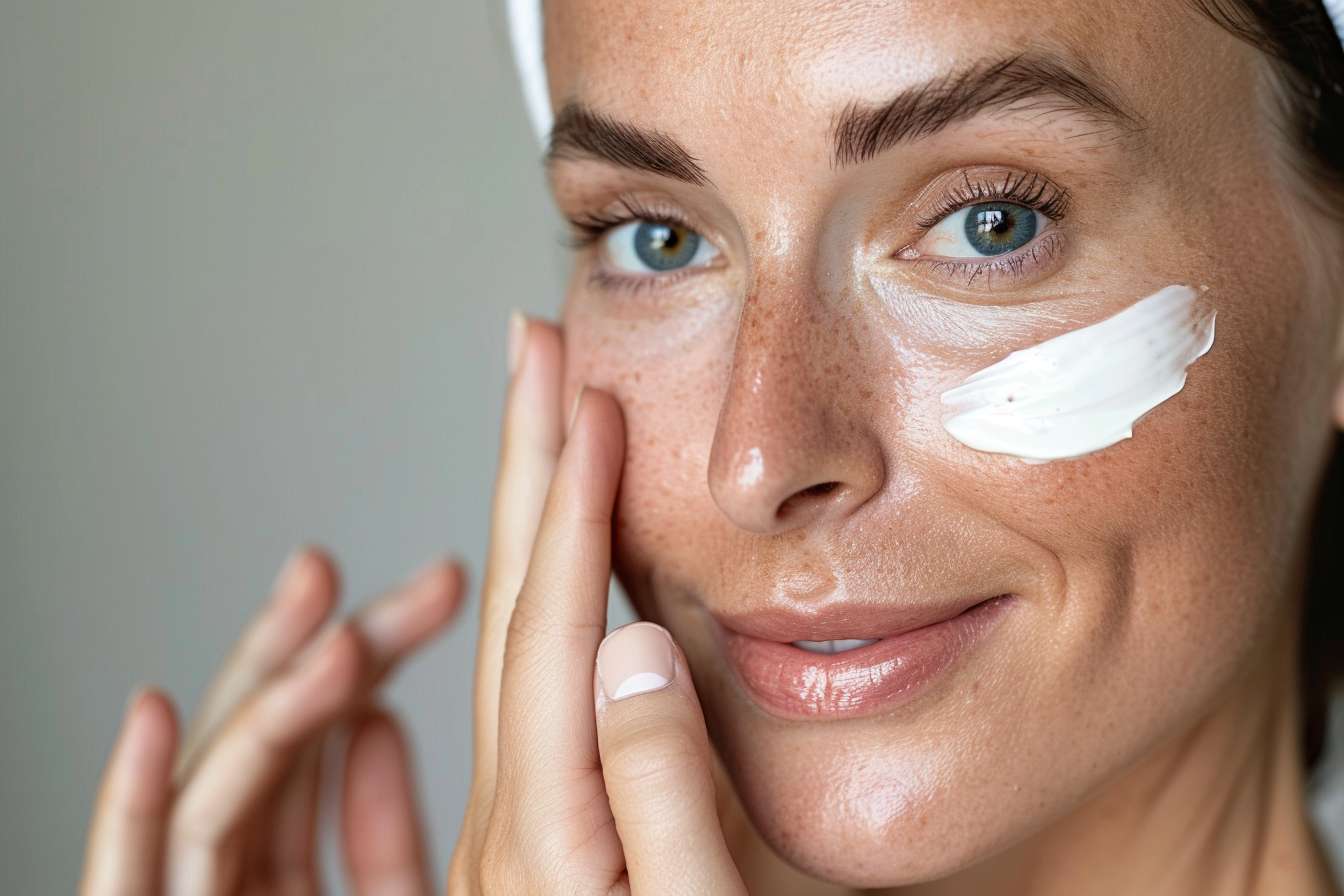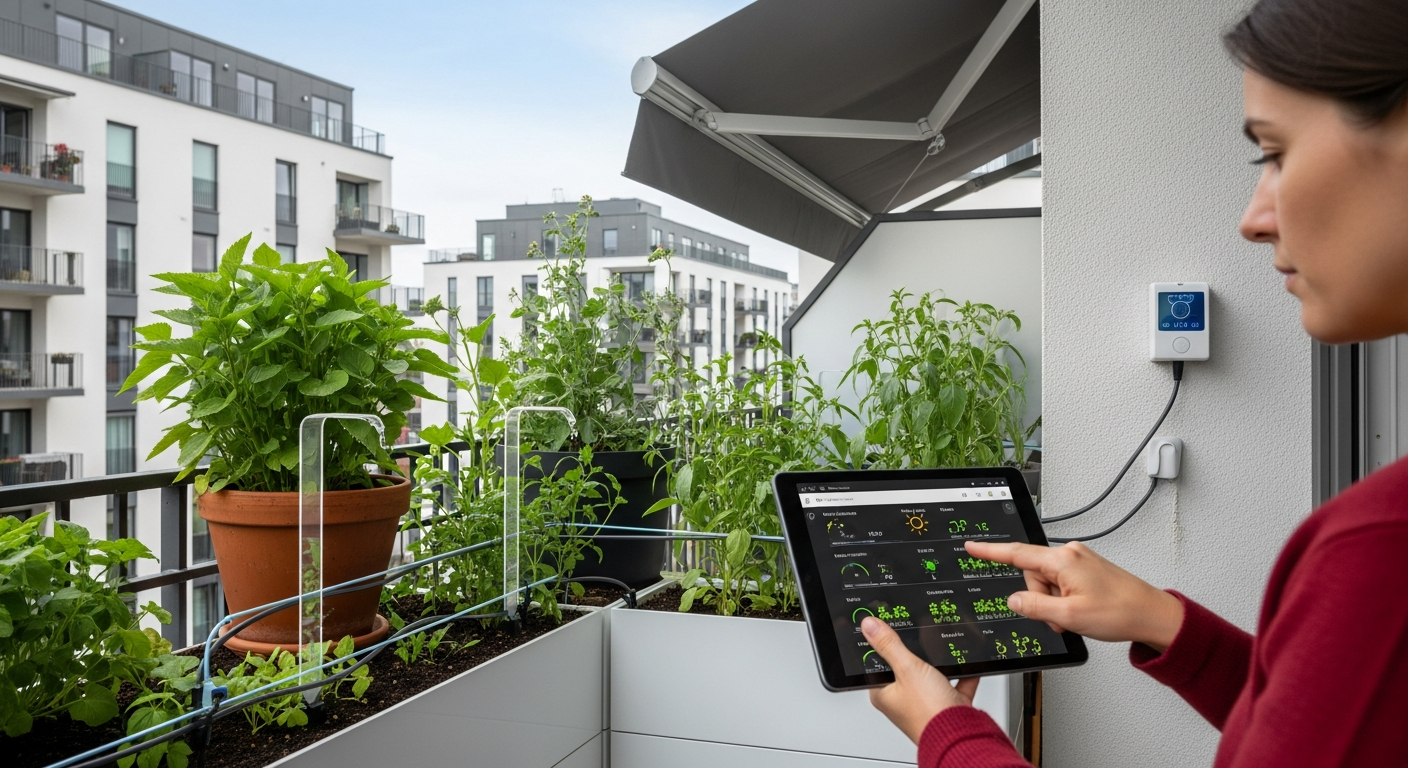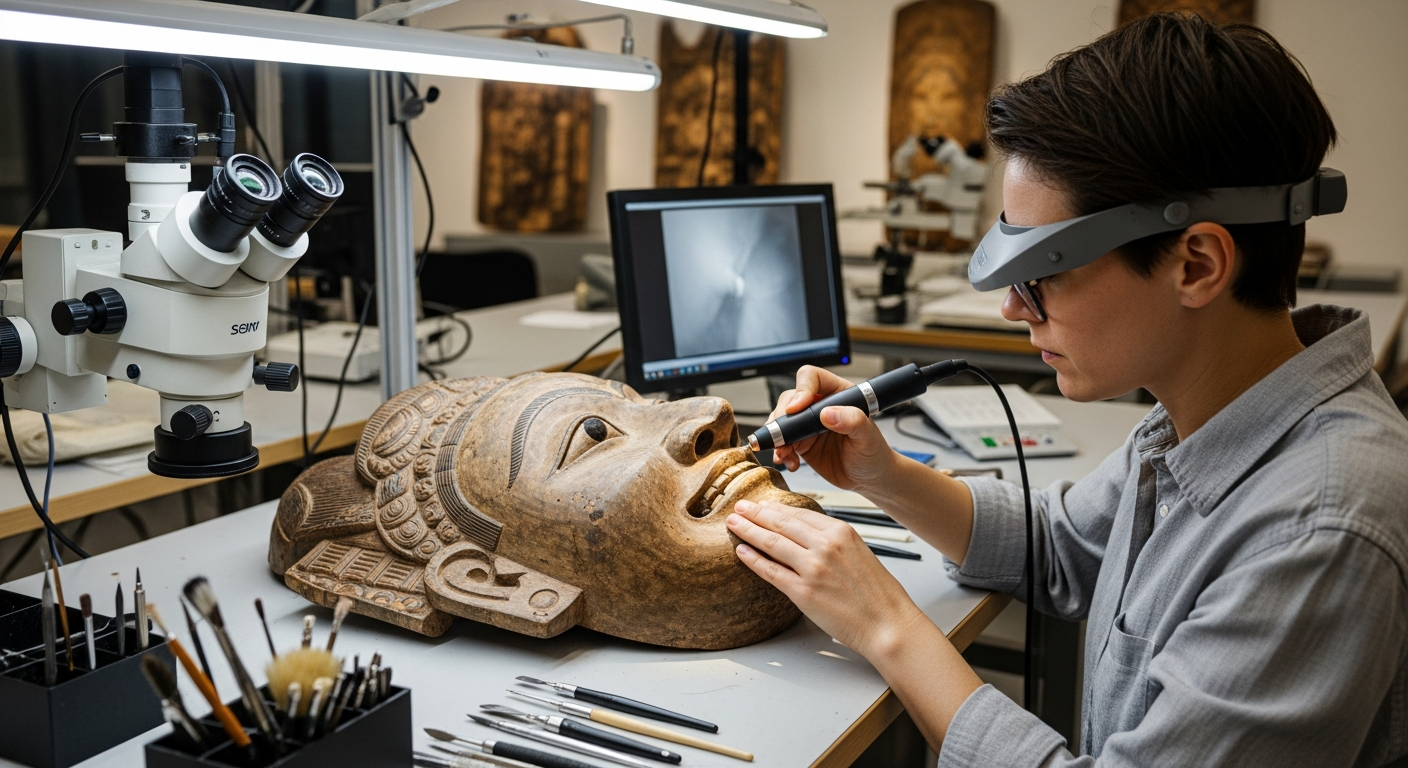Adaptogen-Infused Skincare: The New Frontier in Beauty
In the ever-evolving world of beauty and skincare, a new trend is emerging that promises to revolutionize our daily routines: adaptogen-infused skincare. This innovative approach combines the ancient wisdom of traditional medicine with cutting-edge cosmetic science, offering a unique solution to combat the effects of stress on our skin. As urban lifestyles become increasingly demanding, beauty enthusiasts and skincare experts alike are turning to these powerful plant-based ingredients to help restore balance and promote a healthy, radiant complexion. The integration of adaptogens into skincare formulations represents a significant shift in how we approach beauty, moving beyond surface-level treatments to address the root causes of skin issues.

In skincare, the use of adaptogens is a relatively recent development. As research has uncovered the profound impact of stress on skin health, beauty formulators have started to explore how these stress-modulating ingredients could be incorporated into topical treatments. This shift represents a convergence of holistic wellness principles with modern cosmetic science, opening up new possibilities for addressing skin concerns at their source.
Understanding Adaptogens in Skincare
Adaptogens work by modulating the body’s stress response systems, helping to maintain homeostasis. When applied topically, these ingredients are believed to have similar effects on the skin, supporting its natural defense mechanisms and promoting overall skin health. Some of the most commonly used adaptogens in skincare include ashwagandha, holy basil, ginseng, and rhodiola.
These ingredients are rich in antioxidants and have anti-inflammatory properties, making them particularly effective in combating the visible signs of stress on the skin, such as dullness, fine lines, and uneven texture. Additionally, some adaptogens have been shown to boost collagen production and improve skin barrier function, contributing to a more youthful and resilient complexion.
The Science Behind Adaptogen-Infused Skincare
Recent studies have begun to shed light on the mechanisms by which adaptogens benefit the skin. For example, a 2019 study published in the Journal of Clinical and Aesthetic Dermatology found that a skincare regimen containing adaptogenic herbs led to significant improvements in skin hydration, elasticity, and overall appearance. Another study, published in the International Journal of Cosmetic Science, demonstrated that topical application of ginseng extract increased collagen synthesis and reduced wrinkle formation in human skin cells.
While more research is needed to fully understand the long-term effects of adaptogen-infused skincare, early results are promising. Dermatologists and skincare experts are increasingly recognizing the potential of these ingredients to address a wide range of skin concerns, from premature aging to environmental damage.
Formulation Challenges and Innovations
Incorporating adaptogens into skincare products presents unique challenges for cosmetic chemists. Many of these plant-based compounds are notoriously difficult to stabilize in topical formulations, and their bioavailability when applied to the skin can be limited. However, recent advances in encapsulation technology and extraction methods have made it possible to create more effective and stable adaptogen-infused products.
One particularly innovative approach involves the use of liposomal delivery systems, which encapsulate adaptogenic compounds in tiny lipid bubbles. This not only protects the active ingredients from degradation but also enhances their penetration into the deeper layers of the skin. Another promising technique is the use of fermentation to break down complex adaptogenic molecules into smaller, more easily absorbed compounds.
Market Trends and Consumer Response
The adaptogen-infused skincare market is experiencing rapid growth, with both established beauty brands and niche companies launching products that feature these stress-fighting ingredients. According to a report by Grand View Research, the global adaptogens market is expected to reach $14.1 billion by 2025, with skincare and cosmetics accounting for a significant portion of this growth.
Consumer response to these products has been overwhelmingly positive, with many users reporting improvements in skin texture, tone, and overall radiance. The appeal of adaptogen-infused skincare extends beyond its purported benefits; it also aligns with the growing consumer demand for natural, plant-based beauty solutions and products that address the holistic connection between stress and skin health.
The Future of Adaptogen-Infused Skincare
As research in this field continues to evolve, we can expect to see even more sophisticated and targeted adaptogen-infused skincare products hitting the market. Future developments may include personalized formulations that take into account an individual’s unique stress profile and skin needs, as well as the integration of adaptogens with other cutting-edge skincare technologies, such as microbiome-friendly ingredients and precision delivery systems.
Moreover, the growing interest in adaptogens is likely to spur further scientific investigation into their mechanisms of action and potential applications in dermatology. This could lead to the discovery of new adaptogenic compounds and more effective ways to harness their skin-benefiting properties.
In conclusion, adaptogen-infused skincare represents a significant paradigm shift in the beauty industry, offering a holistic approach to skin health that addresses the underlying causes of many common concerns. As we continue to unravel the complex relationship between stress and skin, these powerful plant-based ingredients are poised to play an increasingly important role in our quest for healthy, radiant skin. With ongoing research and innovation, adaptogen-infused skincare is set to redefine our approach to beauty and self-care in the years to come.






